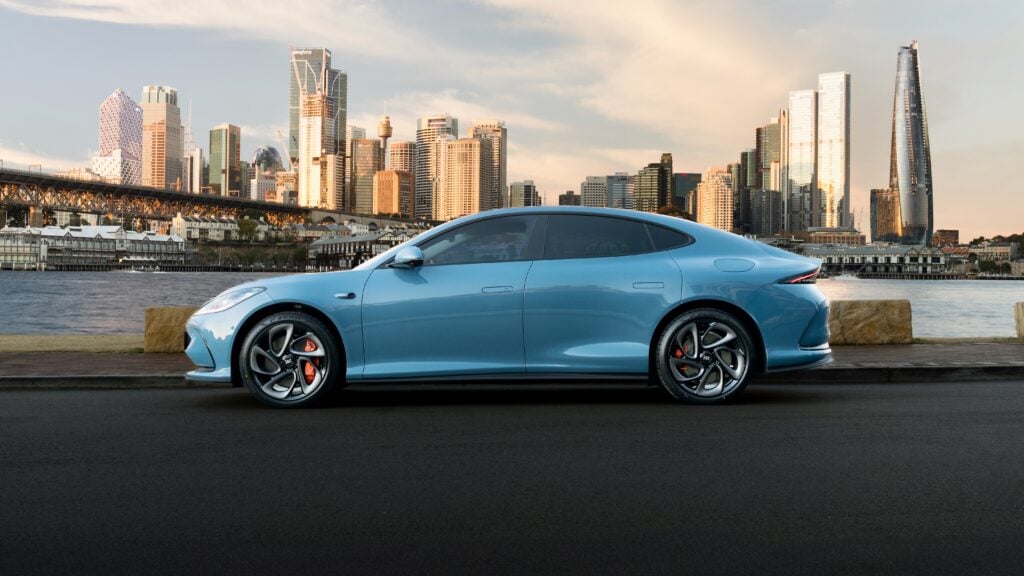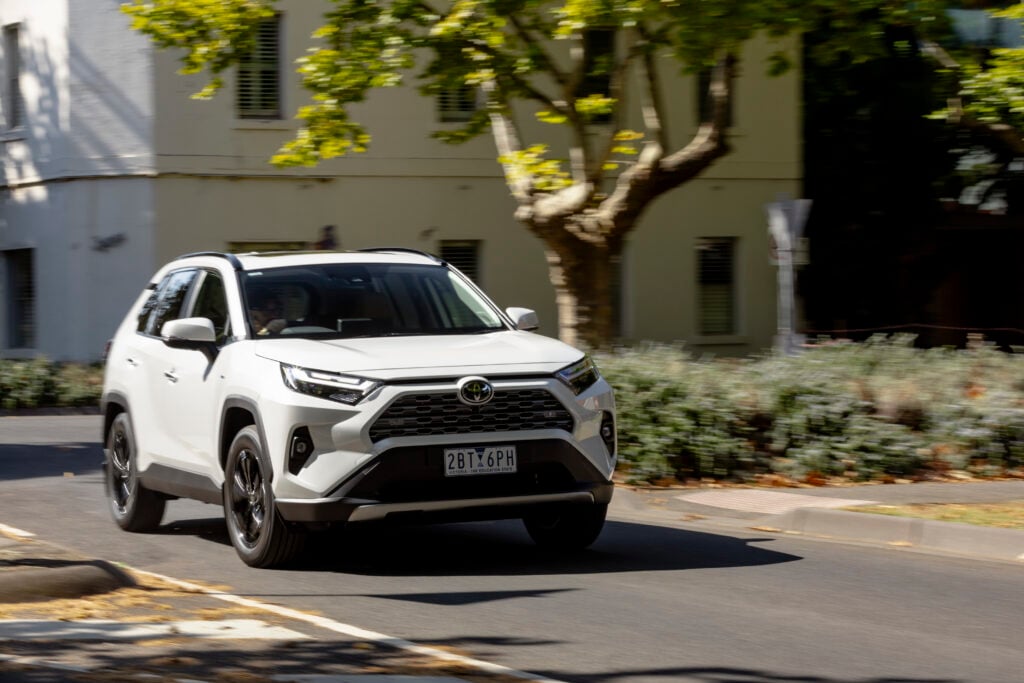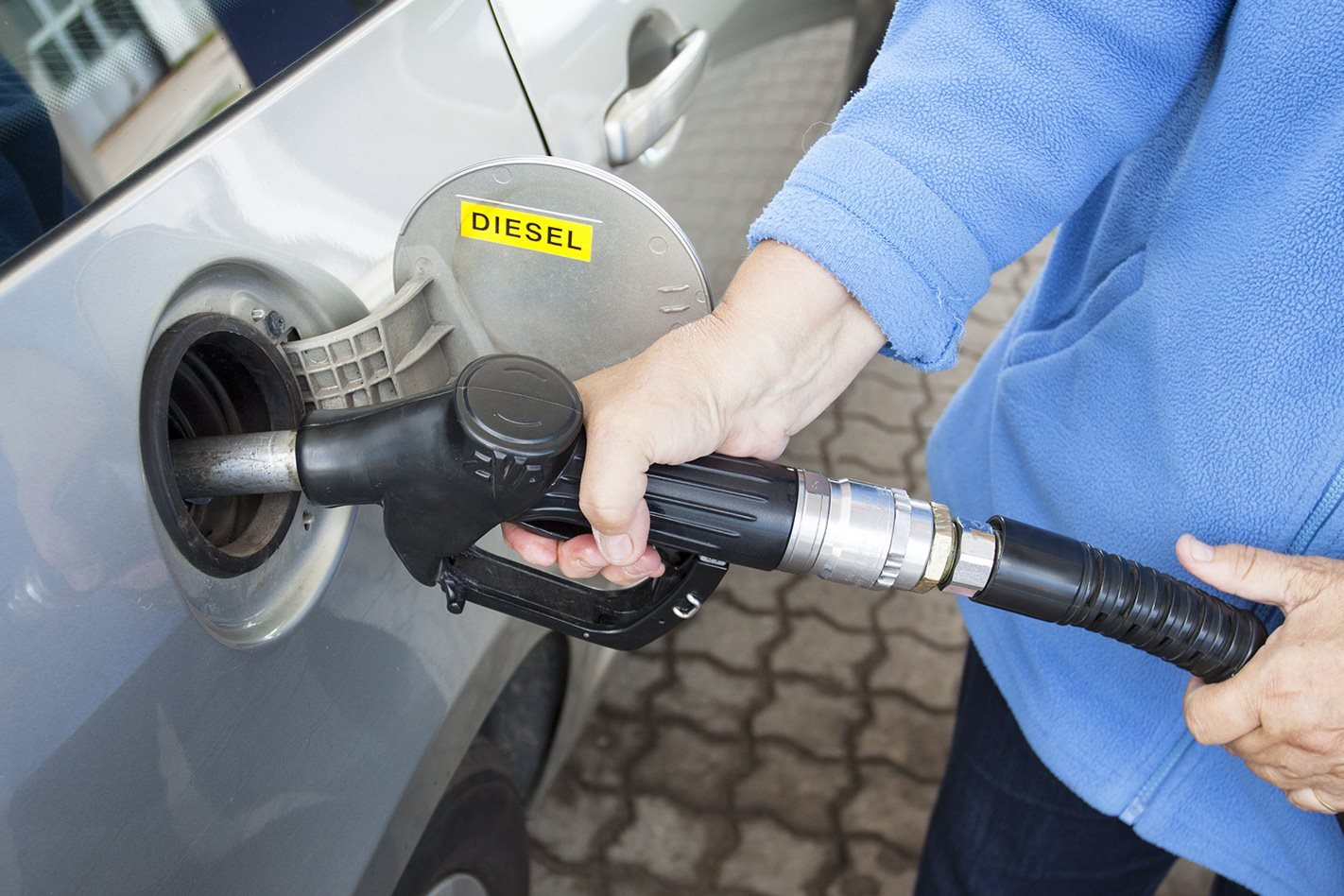
Let’s be honest, the best way to save money on fuel is to not drive anywhere. The second-best way is to drive less. But our lives are busier than ever, and not all of us have money sitting there for a new car.
So, what can every Australian driver do to reduce their fuel use and save money?
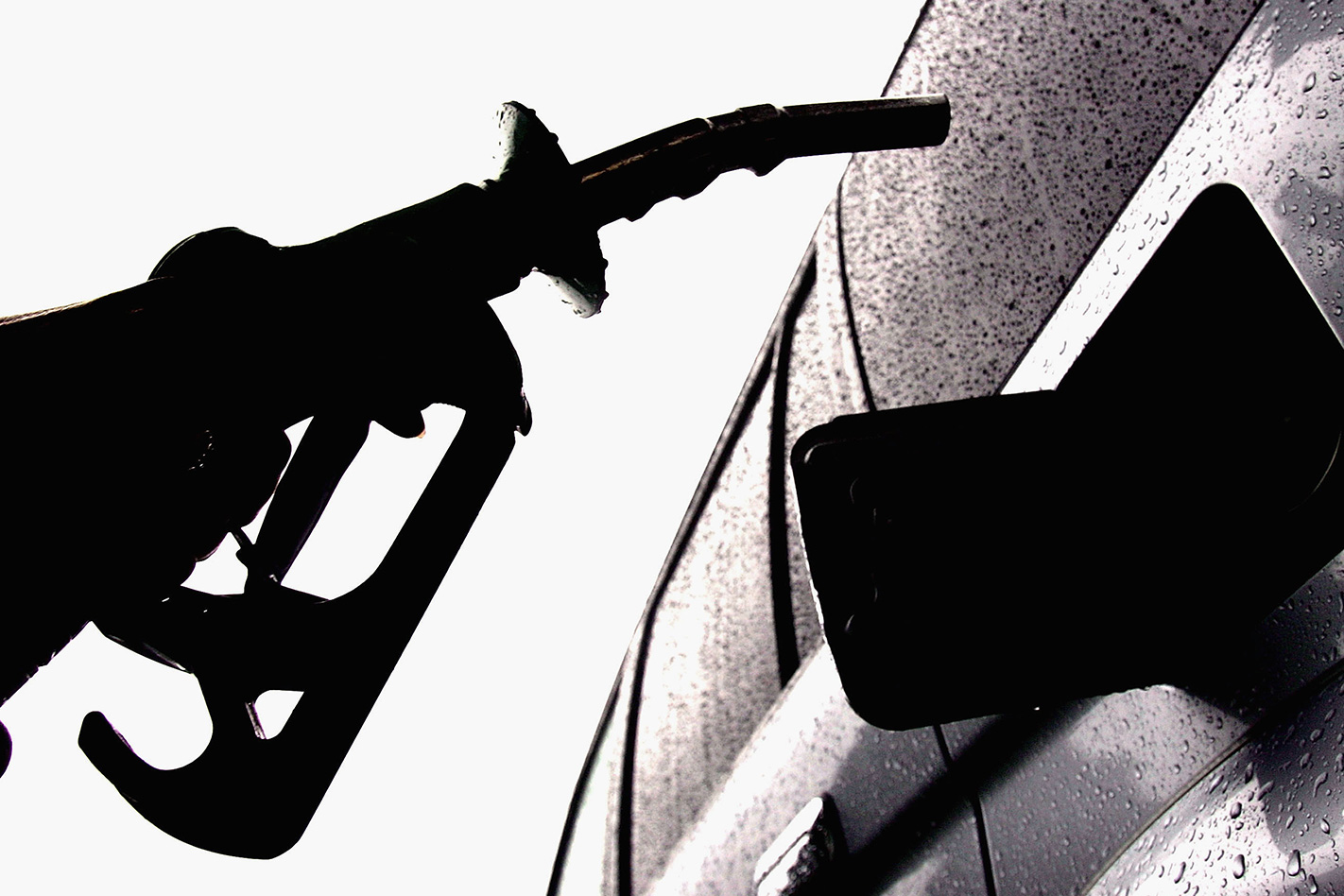
Here are our Top 7 tips for saving money on petrol. These tips that will see you using less fuel in your daily driver without requiring any extra expense. Individually they may only save a little bit each day, but combined over a period of time, you’ll have more money to spend on other things – maybe enough to buy a new TV or go on a holiday!
1. Inflate your tyres
You may not know what rolling resistance is, but we can tell you it’s the enemy of fuel economy. Underinflated tyres have a bigger contact patch with the road, and that means more friction for your engine to overcome.
Air is free, so check your car’s recommended inflation pressures and ensure all of your tyres have the right amount of air in them. You may want to consider overinflating by a couple of psi to further reduce rolling resistance, but don’t go overboard – pumping in too much air also reduces the size of your tyre’s contact patch and therefore how much grip your car has on the road.
2. Declutter
Is your boot or rear seat a de facto storage closet? Carting around an unloved gym bag, or the kids’ sports kits, or any stuff that you don’t actually need when you’re out and about? Every kilogram your car carries means your engine works a little bit harder to move you, and that means more fuel. Shed some kilos from your cargo, and you’ll trim your fuel bill as well.
3. Chill out
Some of us are too aggressive behind the wheel for our own good, but besides being a generally unsafe way to drive it’s also a habit that dramatically increases your car’s thirst. Being aggressive on the accelerator and the brakes is guaranteed to send your fuel consumption through the roof. Be calmer behind the wheel and use the accelerator gently. A pro tip is to look further up the road to anticipate when you may need to brake, and get off the gas earlier and let the car coast. That will not only save you money on fuel it’ll make your brakes last longer, too.
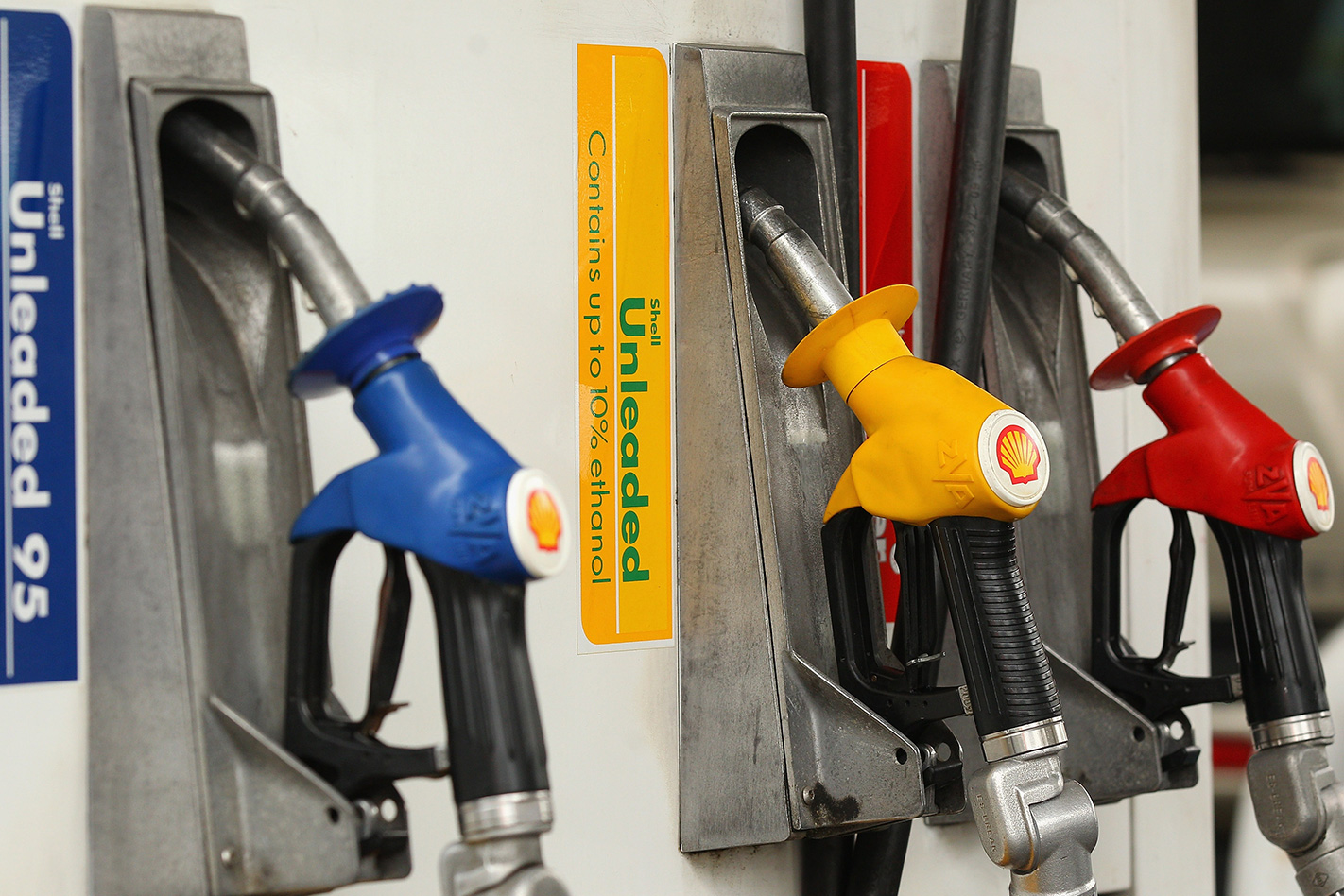
4. Maintenance
Cars are complex machines with thousands of moving parts. Keeping them all in good mechanical health is critical to minimising its fuel consumption. For example, old oil won’t lubricate the engine as efficiently, and poorly serviced brakes can drag when your wheels are turning, thus putting more load on your engine. Maintenance is often an unwelcome expense, but it’s one that shouldn’t be ignored. It will save you money in the long run.
5. Avoid traffic
If you’re able to adjust the timing of your commute to avoid heavy traffic, you’ll not only stop and start less, you’ll spend less time idling in long queues. Some navigation systems in cars, and both Google Maps and Apple Maps, provide congestion advice, and can also suggest a more fuel efficient route to where you’re going. It’s advice worth heeding because it could save you money as well as time.
6. Coasting
Did you know many newer cars actually consume no fuel if the road is steep enough for speed to be maintained without pressing the accelerator? Some drivers may swear that putting the transmission in neutral on downhill slopes is more efficient, but most of the time it’s better to simply let the car’s kinetic energy keep the engine turning rather than have it idle – and thus still burn fuel – in neutral.
This technique is such a good way of saving fuel that many car companies now build ‘coasting’ modes into their car’s engine and transmission program so you don’t need to do anything to take advantage of the savings.
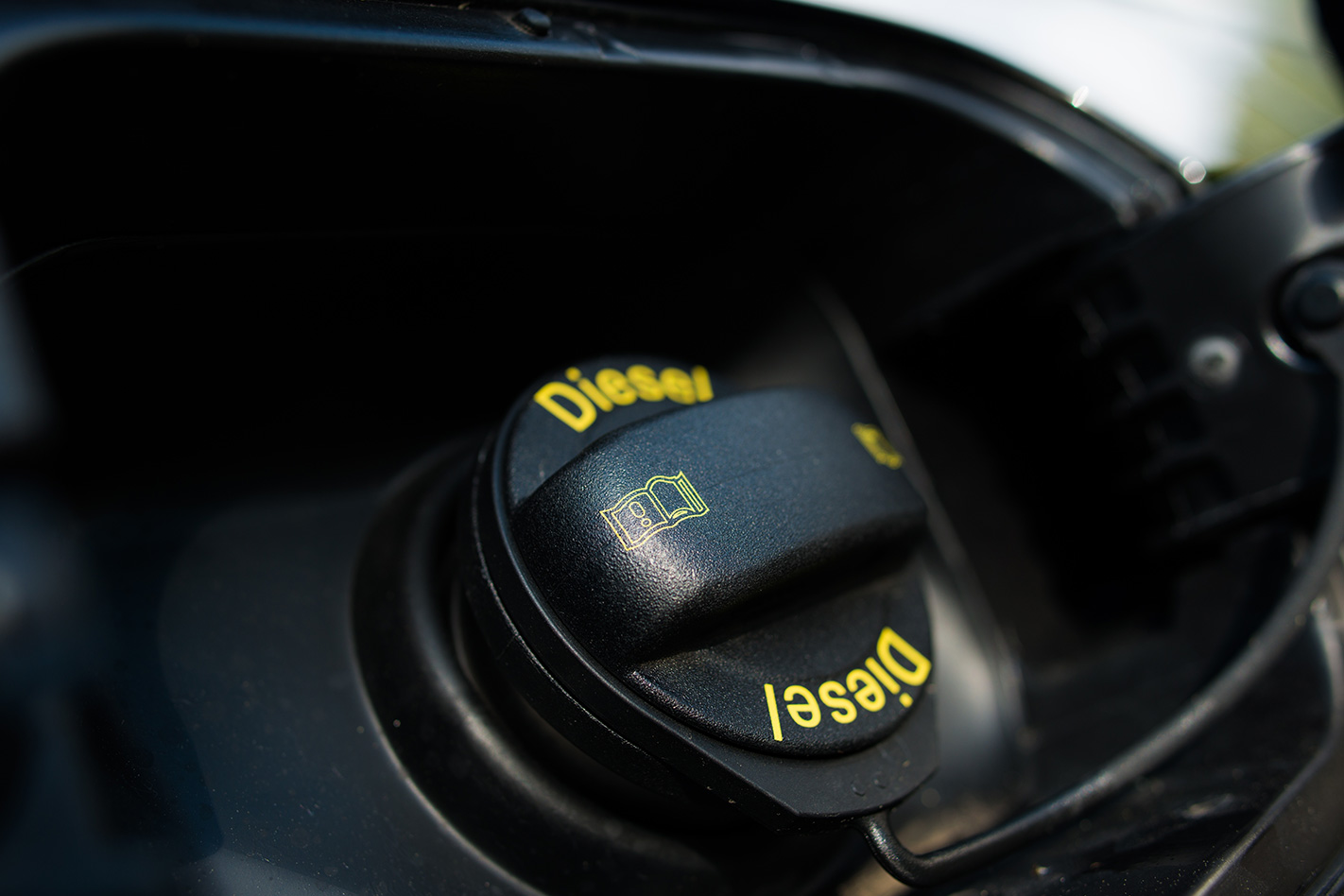
7. Don’t left-foot brake
Left-foot braking is a race technique that is sometimes adopted by regular drivers who swear it improves their emergency reaction time. This technique can also increase your fuel consumption because left-foot brakers tend to lightly rest their ‘braking foot’ on the pedal. Obviously, having your brakes drag when you don’t need them does bad things for your car’s fuel use, and the benefits in an emergency braking situation are negligible.
And as a special bonus for making it to the end of this article, here’s three more money-saving tips:
- Grab those fuel-saving shopper dockets. It may only be 4 cents per litre off the standard price, but if you’re diligent, it could put another $100 a year in your pocket.
- Walk, or ride a bicycle. Do you really need to drive to the shops three streets over, or around the corner to pick up the kids? Get out and enjoy the sunshine and leave the car at home.
- Carpool. According to Census data 77 percent of car commuters drive alone. How boring! Carpool with a neighbour and you’ll not only have somebody to talk to, you’ll be effectively cutting your fuel bill in half!

